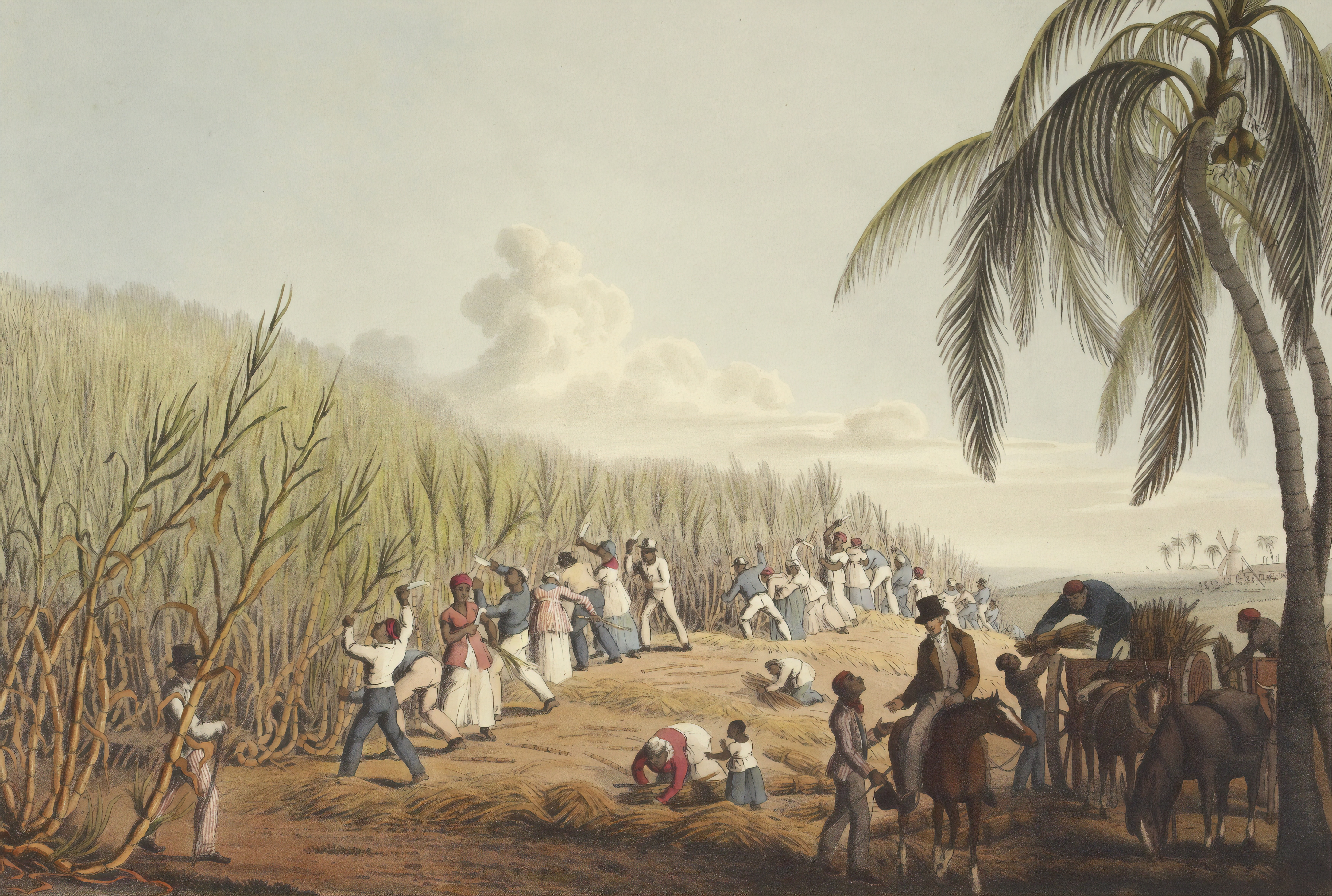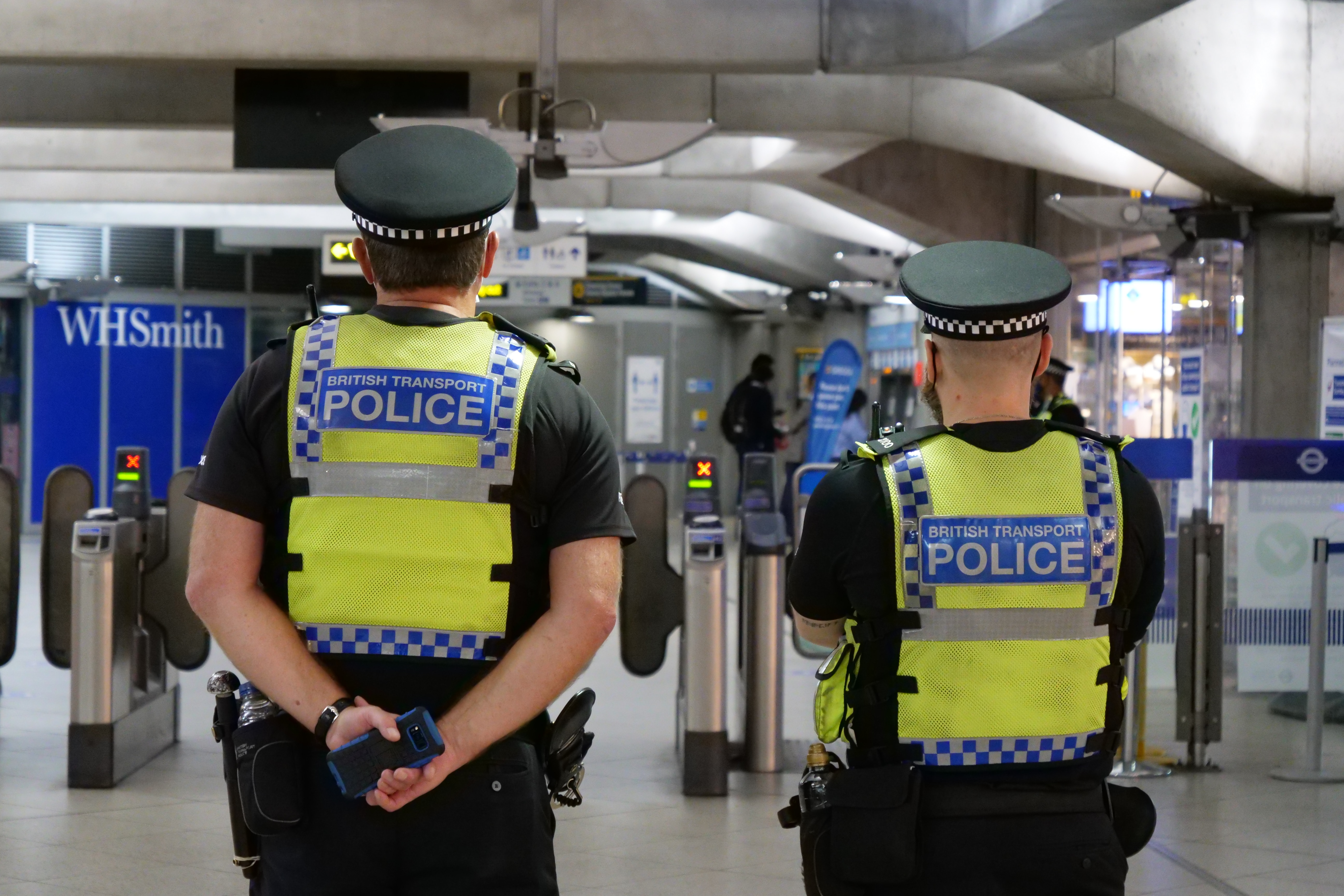Reparative justice “is the struggle of this century,” says acclaimed Bajan historian Sir Hilary Beckles at the first ever Reparations and Racial Healing Study Tour held recently in Bridgetown, Barbados.
The week-long study tour, held in late July, where civil society leaders, politicians and academics from the Caribbean, Africa, and South America came together to brainstorm a global framework for reparations, is an unprecedented historical moment. The organisers hope this will help bring the vast array of campaigns for reparations into a unified, global and connected movement.
That Barbados is making its bid to lead this reparatory justice movement is significant.
Slave-labour fuelled the Caribbean plantation system that made Britain’s wealth. This system was first tried and tested in Barbados in the seventeenth century – the site of the original sugar revolution. After British colonists arrived on the island in 1627, the lucrative plantation system quickly became the blueprint for other Caribbean colonies, like Jamaica and Saint Domingue - now Haiti.
In his seminal work, Capitalism and Slavery, former president of Trinidad and Tobago and acclaimed historian, Eric Williams, notes that, in 1650, in under a two-year period, Barbados’ sugar crops “were worth over three million pounds” – that’s fifteen million at Williams’ time of writing (1944), and a dizzying half-billion pounds today.
The global push for reparations has never been more vocal, nor more unified.
By 1679, Henry Drax, one of the wealthiest plantation owners in Barbados, had written a tract on slave labour: a ‘how to guide’ on successful slavery-based sugar production and labour relations. Forcing slaves to work in gangs is included in the instructions. It’s estimated that approximately 30,000 slaves died in Barbados and Jamaica on Drax plantations alone.
Henry Drax’s descendant is Richard Drax, the Conservative MP for South Dorset, who still owns the infamous Drax Hall Estate in Barbados, and still profits from sugar grown there. The Caribbean Community’s (CARICOM) reparations commission wants Drax to engage in reparatory action with Barbados. The CARICOM Reparations Commission (CRC), chaired by Beckles, was established in 2013 to establish the payment of reparations from the governments of former colonial powers to the Caribbean for the “crimes against humanity of native genocide, the transatlantic slave trade and a racialized system of chattel slavery.”
Now, Barbados is aiming to become the figurehead, if not outright leader, of the reparatory justice movement – active in leaving the colonial past behind and rectifying its injustices. In 2021, Barbados became a republic, cutting ties with the English monarchy. A year before that, amid the Black Lives Matter reinvigoration, Mottley removed a statue of Horatio Nelson, Britain’s most famous naval commander who vocally supported slavery, from National Heroes Square in Bridgetown.
The global push for reparations has never been more vocal, nor more unified: the event in Barbados marked the unprecedented alliance between CARICOM and the African Union (AU), symbolising the coming together of the two continents in their fight for reparative justice.
The study tour, a partnership between the Bajan government, The University of the West Indies, the Open Society Foundation, the AU and the Caribbean Pan African Network, is the outcome of the AU’s initiative to establish a specific reparations committee earlier this year.
The committee, formally known as the African Committee of Experts on Reparations, is dedicated to establishing a common African position on reparations and working collaboratively with CARICOM to establish a shared reparative justice framework. The work of the study tour is committed to this aim – the development of a global framework for reparative justice – and consisted of talks, workshops, and learning between ambassadors from member states of the AU, government officials and civil society leaders from involved countries, academics, and reparative justice campaigners.
At the conference, Beckles reflected that the work of the week had “strengthened the bond” between the Caribbean and Africa on the topic of reparatory justice. Now, he says, the two continents are “speaking with one voice”.
Inextricably connected to the reparatory justice movement is the pressing issue of climate justice.
The Bajan-led reparatory justice movement was formally introduced at the tour’s concluding conference, held at the The University of the West Indies, and calls for justice, dignity, and restitution for all across Africa and the African diaspora. This means critically engaging with these painful histories and understanding their contemporary impacts. Far from being resigned to a distant historical past, the legacies of colonialism and slavery live on – making the case for reparations a key contemporary issue.
“It is crucial to recognise how slavery, colonialism and racism intersect and impact the lives of Black people around the world,” says conference speaker Youssouf Mondoha Assoumani, chair of the African Union’s Permanent Representatives Committee. “Only in this way can we plead for reparations, promote restitution, and restore the dignity of the African continent and its peoples,” he says.
Francia Marquez, vice president of Colombia, told the conference that the reparatory justice movement is about cultivating a “culture of justice”. She argues that reparative action, then, entails taking action on women’s rights, as well as fighting oppressive European nations’ anti-immigration legislature, which is responsible for the deaths of thousands in their attempts to flee from danger.
In 2014, Britain, alongside other former colonial powers, rejected the CARICOM reparations commission’s 10-point reparations plan. CARICOM’s Prime Ministerial Sub-Committee on Reparations for Native Genocide and Slavery – headed by Bajan prime minister, Mia Mottley – is expected this year to request that ten European countries begin reparative action negotiations.
Ten years on, the reparatory justice movement is stronger than ever. Whether this renewed pressure will mean that Britain won’t be able to continue to shirk its slave trading legacy, nor its responsibility for restitution, is yet to be seen.
Inextricably connected to the reparatory justice movement is the pressing issue of climate justice. Mottley, who became the first female prime minister of Barbados in 2018, has been vocal about her commitment to climate justice – this is a central part of her calls for reparations from Britain and other former colonial powers. In 2022, Mottley told reporters that the “development deficit” between European nations and their former colonies “has to be met with legitimately – both in terms of reparatory justice” and “climate justice”.
The effects of climate change are the lasting legacies of rapacious colonialism and slavery which fuelled industrialisation in the metropoles. The consequential effects of climate change plague more climate vulnerable nations – like those in the Caribbean. Now, the victims of climate breakdown are being forced to, quite literally, pay for the consequences, despite contributing little to the cause of climate catastrophes.
“We cannot talk about climate change if we do not talk about racial justice,” says Marquez at the conference. “Those who have historically been marginalised and excluded are those who are suffering the most from the impacts of climate change today,” she says.
In July 2022, Mottley announced the Bridgetown Initiative, a pioneering attempt to restructure the architecture of global finance, targeting the outdated and unequal practices of the IMF and the World Bank. Among other things, the initiative asks for emergency liquidity to be made available for poorer nations impacted by climate disaster to stop the debt crisis, a product of the colonial hangover of charging higher interest rates on loans for poorer nations.
Last year, The New York Times reported on Haiti’s ‘double debt’ – spotlighting the billion dollars worth of debt the world’s first free Black republic has been forced to pay France for its freedom. Speakers at the conference noted that reparative action means addressing Haiti’s predicament: “We must lift the boot that is currently on the country’s neck,” says Marquez.
In June, Mottley received some support for the initiative at the climate finance summit in Paris, where it was agreed that $100 billion US dollars would be made available by the IMF for climate action in “developing nations”.
The widespread Black Lives Matter activism in 2020 has fuelled disparate but impactful reparative justice attempts in the UK – which the Brattle Report recently put a price on: Britain owes an estimated £18.6 trillion in reparations. The Guardian’s Cotton Capital series, launched in March, is a bold attempt to address the organisation’s origins in the slave trade and outlines its ambitious reparative actions. A month later, King Charles gave support for research into the royal family’s major role in the transatlantic slave trade. In January, the Church of England apologised for its role in transatlantic slavery, setting up a £100 million fund as compensation. Some universities, like Glasgow, are acknowledging historical links to transatlantic slavery – this September marks the debut of their joint masters degree in reparatory justice with The University of the West Indies.
Other landmark changes are taking place elsewhere. California recently announced plans to financially compensate Black Californians for racial harms from slavery who can prove, via DNA testing, that they are eligible for a settlement.
Some reparative justice attempts create more questions than answers – who sets the agenda, and who gets a piece of the reparations pie? Here in the UK, reparative action often begins and ends with institutions – or even individual families – neglecting the wider societal and transnational context. This is unsurprising. The British national context is hostile to reparations – any talk of the legacy of British slavery, let alone reparative action, tends to be sullied by an engulfing culture war or outright rejected. Rishi Sunak recently reinstated the government’s refusal to apologise for Britain’s role in the slave trade or engage in restorative justice efforts.
The event in Bridgetown last month could be a pivotal moment in a move toward a more unified and connected reparatory justice movement: an attempt to coordinate the efforts by all those harmed by European slavery and colonialism to the justice-agenda.
It's certainly not short on optimism. “For the first time, I can say that we have a reparatory justice movement,” says Beckles at the conference. “In the next five years we are going to experience a global galloping of reparatory justice for everyone.”





